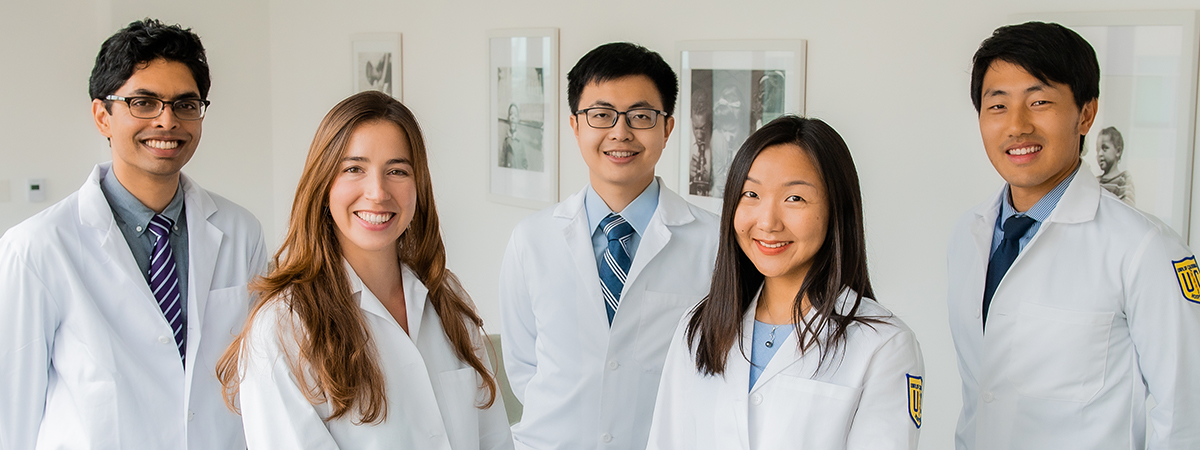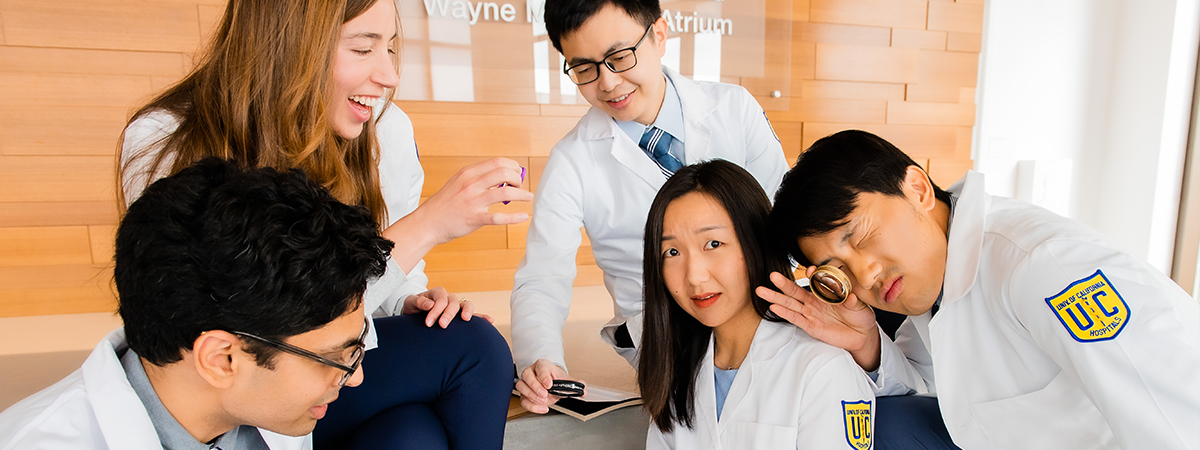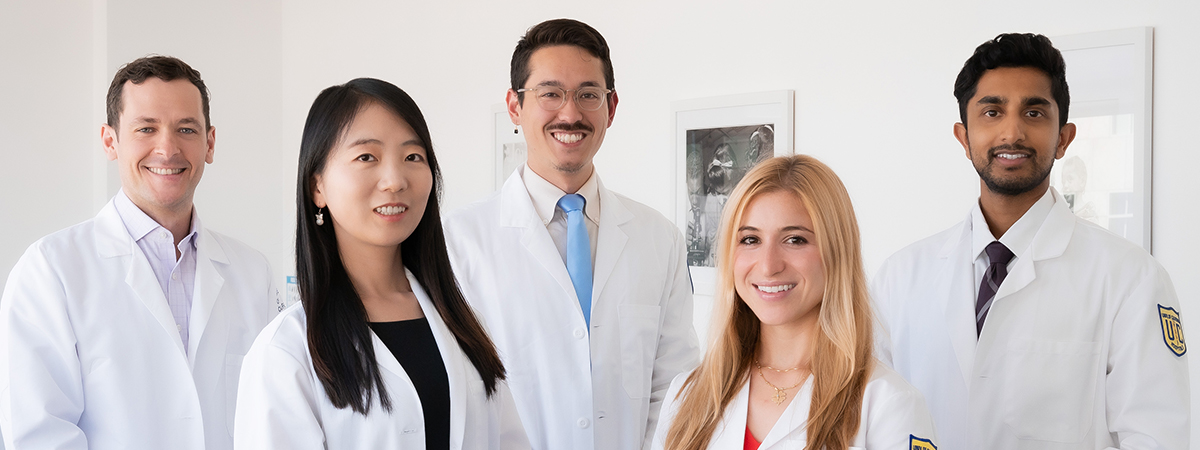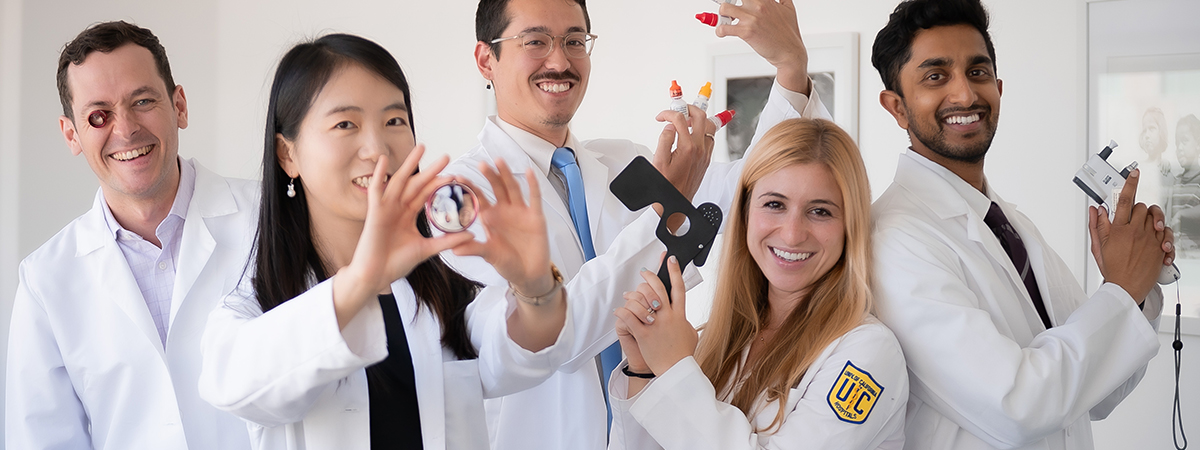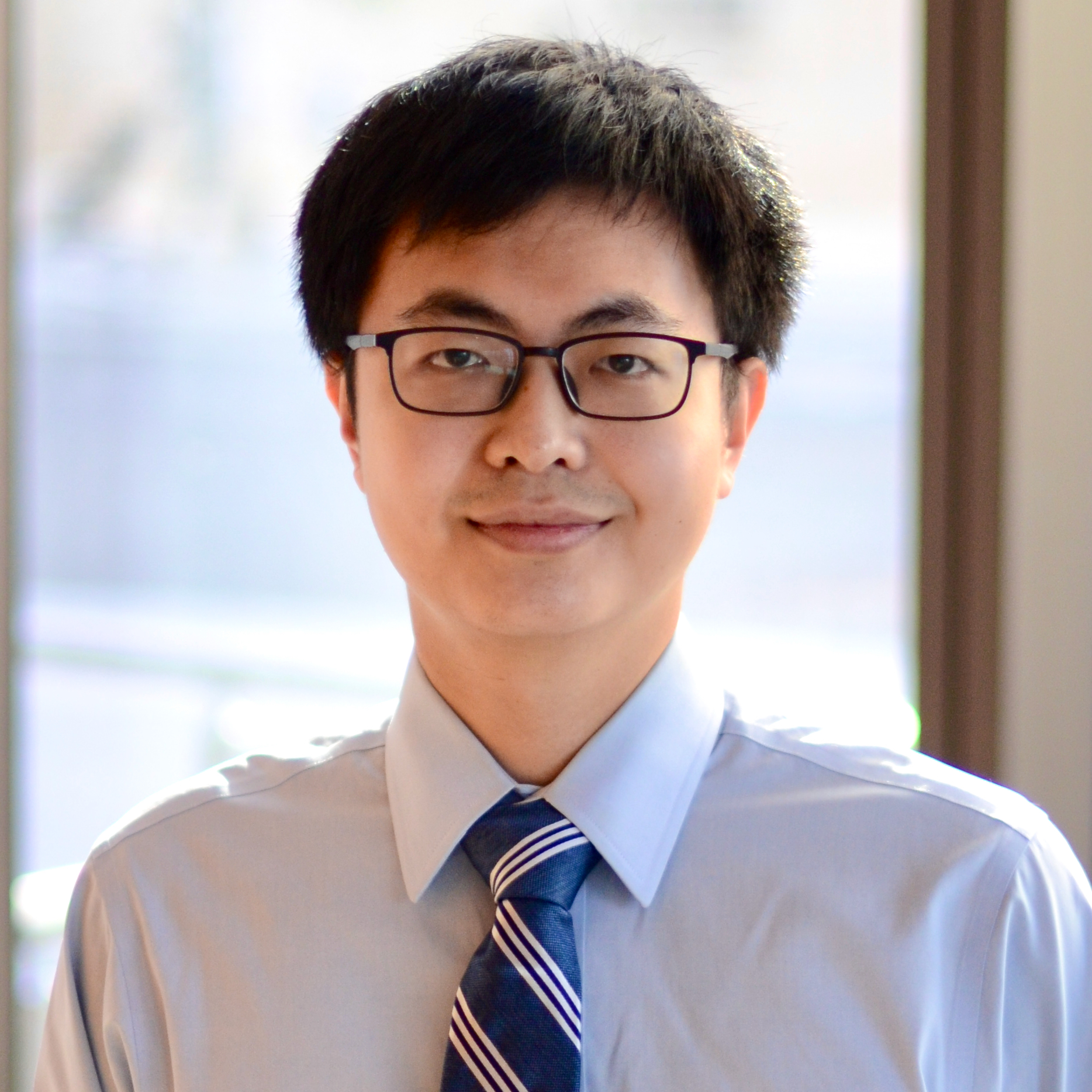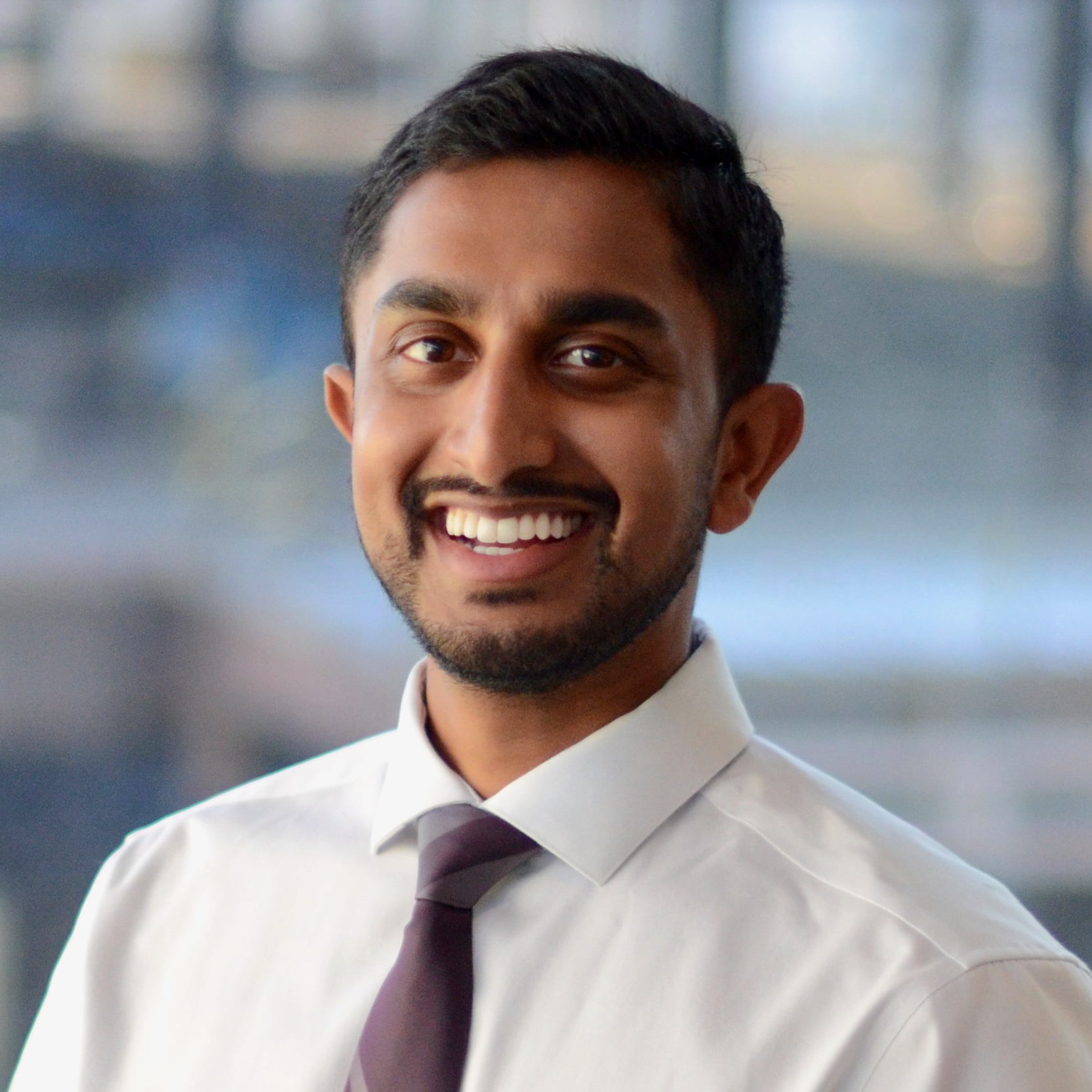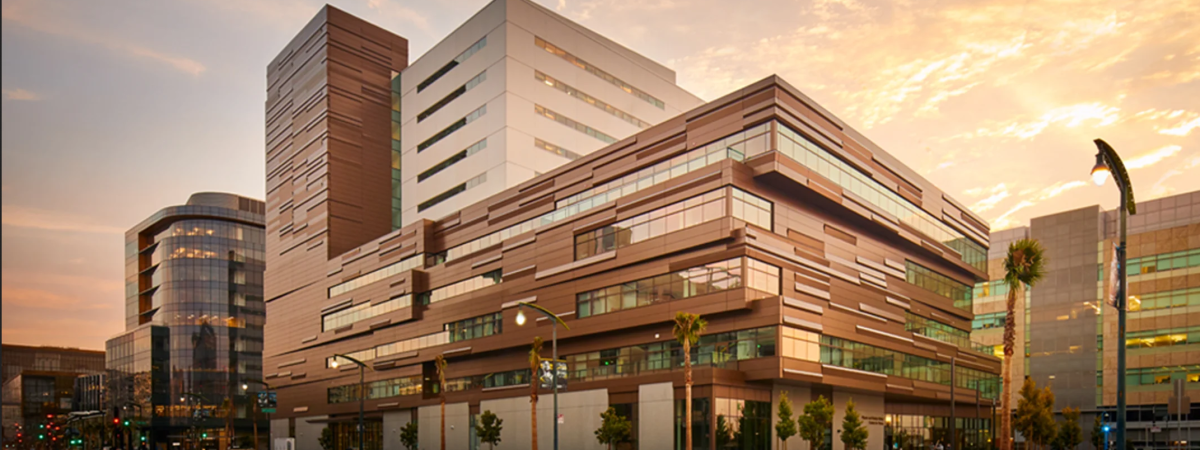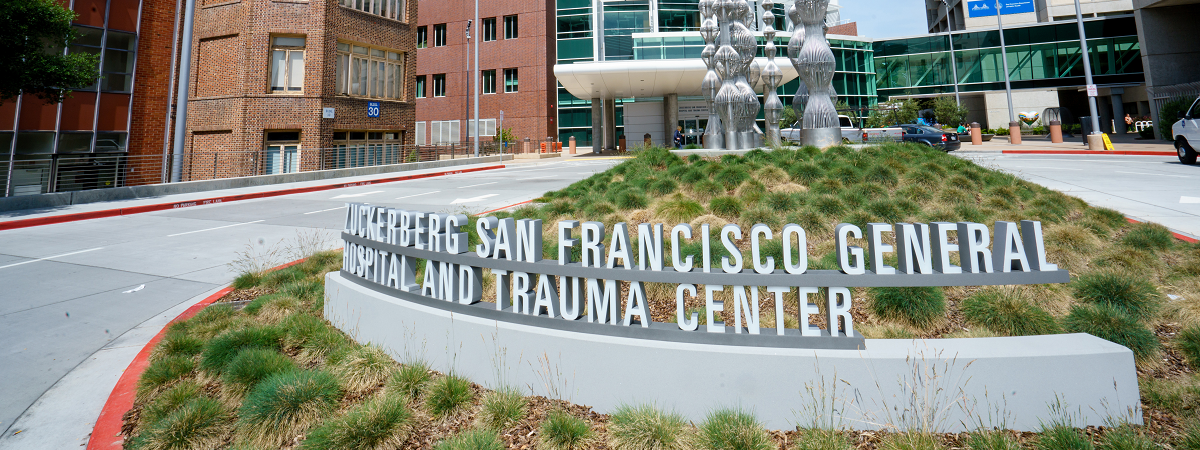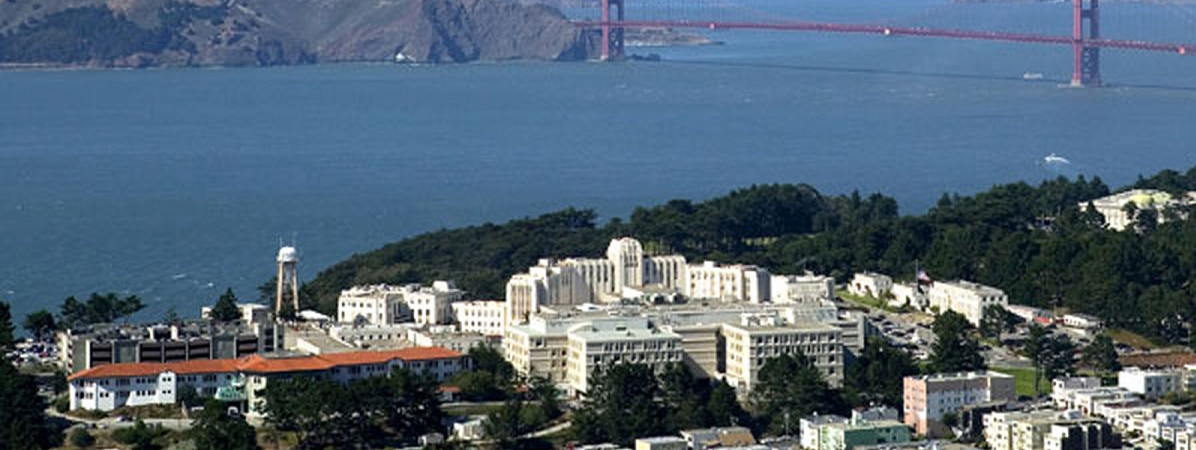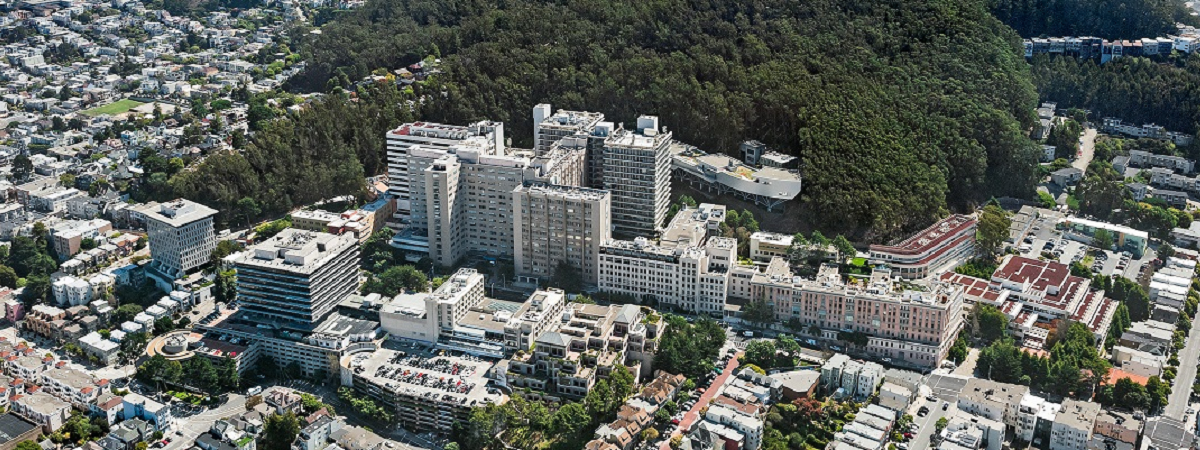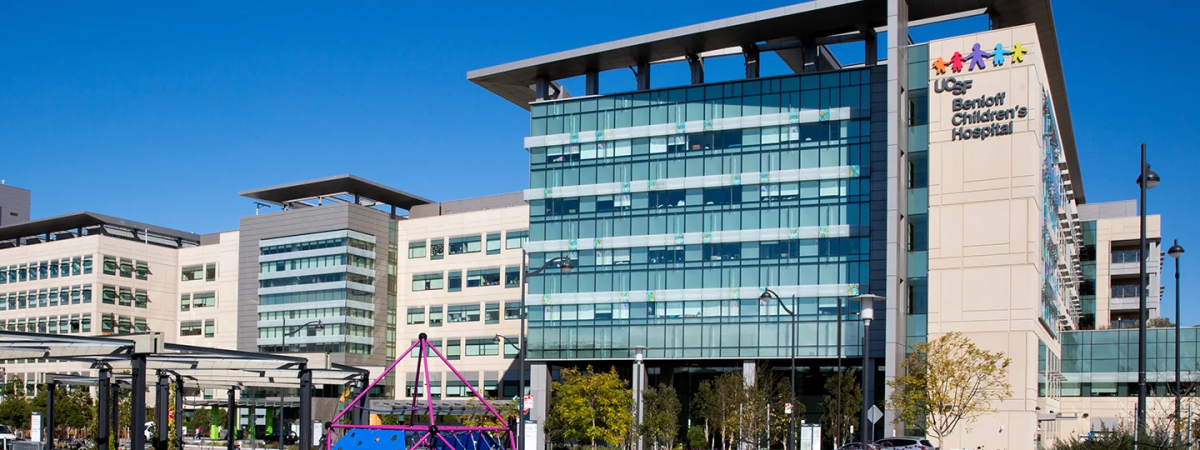Residency Program
Clinical Rotations
One of the greatest strengths of the residency training program at UCSF is that our residents rotate each year through four diverse sites within San Francisco. As the region’s premier academic referral center, UCSF Medical Center and UCSF Benioff Children’s Hospital at Mission Bay treat a plethora of complicated cases and rare diseases in adults and children. In addition, time at the Francis I. Proctor Foundation is integrated into the rotations to gain greater training in infectious and inflammatory diseases of the eye.
The Zuckerberg San Francisco General Hospital and Trauma Center (ZSFG) is a county hospital and the only Level I Trauma Center of San Francisco. The patient population here includes patients who could otherwise not afford care. This hospital provides an amazing opportunity to manage end stage disease, trauma, and infectious diseases of the eye. In addition, residents have an opportunity to achieve high surgical volumes in both cataract and subspecialty cases.
Finally, the San Francisco Veterans Affairs Medical Center (SF VAMC) is the veterans referral center for all of Northern California. Here, the residents have the opportunity to experience a busy clinical and surgical practice in comprehensive ophthalmology in addition to more complex sub-specialty care.
As our residents return each year to each of these different sites, they gain a graded clinical and surgical experience each year, allowing for a very thorough training program that leaves residents feeling confident and independent when they graduate.
“I chose UCSF because it has the best combination of everything in the country, including strong clinical and surgical training with both high volume and high-quality teaching from attendings, unlimited research opportunities with world-renowned scientists in ophthalmology, collegial culture among trainees and attendings, and the opportunities to collaborate with industry and venture capital companies in the San Francisco Bay Area.” |
Internship
Our residency program has partnered with the UCSF Department of Surgery to offer a joint internship tailored to the needs of our residents. Over the past 5 years, the internship has been improved based on feedback from our trainees. Currently, the internship consists of the following rotations:
- 6 months General Surgery (ENT, OMFS, Plastics, Neurosurgery, Trauma, Cardiac)
- Dermatology (4 weeks)
- Neuroradiology (4 weeks)
- 3 Months Ophthalmology
- 4 weeks of elective (done with research mentor)
Our interns participate in ophthalmology didactic sessions during their non-surgery rotations, and also have a dedicated wetlab curriculum
First Year
After the Summer Session, the remainder of the year is divided into five 8 week rotations. First year residents perform anterior segment ophthalmic laser procedures (peripheral iridotomies, capsulotomies, selective laser trabeculoplasty) in their clinical rotations, become proficient in oculoplastic and reconstructive surgery, and have the opportunity to perform refractive surgery, extra-capsular cataract extractions and phased phacoemulsification at our UCSF site. In addition to this, they perform chalazion and pterygium excision as well as other minor procedures.
- Summer Session
- Zuckerburg San Francisco General Hospital
- San Francisco Veterans Affairs Medical Center
- UCSF Neuro-ophthalmology
- UCSF Consult Service and Comprehensive/Refractive
- UCSF Oculoplastic Surgery
- Nightfloat
Second Year
The second year of residency is divided into five 10-11 week rotations. Second year residents perform posterior segment ophthalmic laser procedures (PRP, retinopexy) and intravitreal injections in their clinical rotations, become proficient in pediatric and adult strabismus surgery, begin learning the basics of cornea surgeries and vitrectomy, and continue performing phacoemulsification.
In addition, second year residents are given a 5-week block dedicated solely to research.
- Zuckerburg San Francisco General Hospital
- San Francisco Veterans Affairs Medical Center
- UCSF Cornea
- Research Block
- UCSF
- UCSF Pediatric Ophthalmology and Strabismus
Third Year
During their third year, each resident serves as the chief resident in each service through which they rotate. Third year residents continue to practice clinic-based procedures and lasers, become proficient in glaucoma and cornea surgeries, and hone their expertise in phacoemulsification and complex anterior segment surgery.
- Zuckerburg San Francisco General Hospital
- San Francisco Veterans Affairs Medical Center
- UCSF Cornea and Refractive Surgery
- UCSF Glaucoma and Ocular Oncology
- UCSF Comprehensive Ophthalmology
Call
During the day, first year residents cover consults and take primary call for all sites with third year residents serving as back up. Second year residents cover daytime consults for the pediatric ophthalmology services and share back up call along with the fellow for the retina service.
At night, a designated night float resident takes weeknight primary call for all sites from Sunday evening to Saturday AM for 4 weeks at a time, with third year resident back-up. Weekend primary call is divided amongst the first year residents who are not on the night float rotation.
A designated attending is on call at all times to support all trainees.
For the first 5 weeks of each year, the third year resident has “buddy call” with the first year resident to make sure the first year feels supported during the early learning curve. During this time, all patients seen by the first year resident must be seen by the third year “buddy” if not already seen by another attending physician.
“I chose UCSF for the high clinical and surgical volume, the diversity of patients and clinical sites, and an unbeatable location. I have been blown away with how welcoming and approachable the faculty are, the intern year curriculum, and the early intra-ocular surgical opportunities.” |

